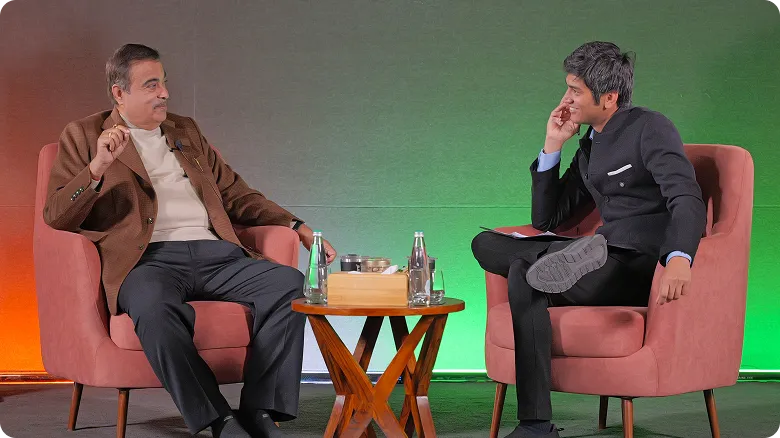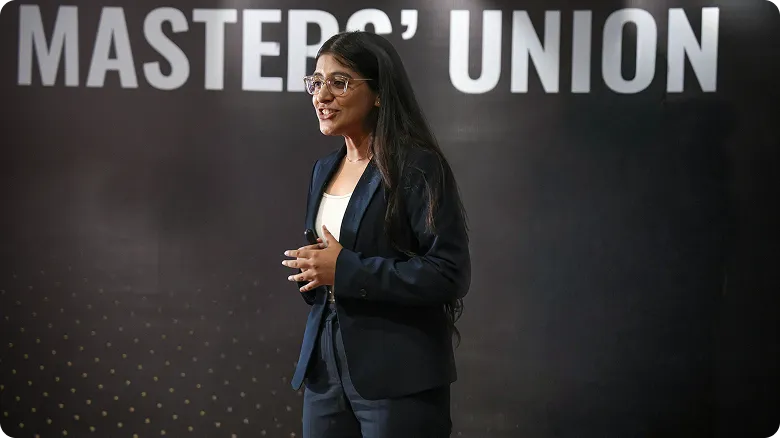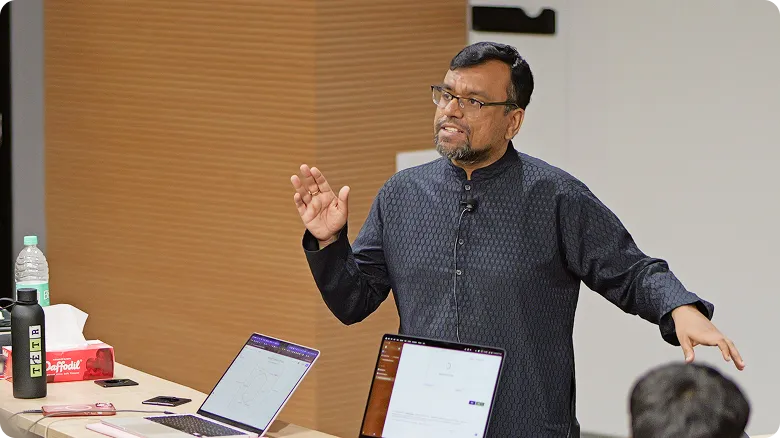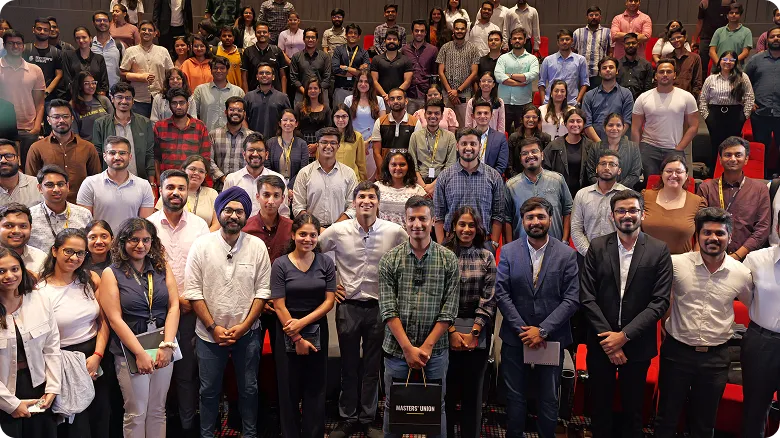Undergraduate
Undergraduate (Global)
Postgraduate
PGP in Technology and Business Management
PGP in Technology & Business Management
(Young Leaders Cohort)
PGP in Human Resources & Organisation Strategy
PGP in Sports Management & Gaming
PGP in Applied AI & Agentic Systems
PGP in UI/UX & Product Design
PGP in Sustainability & Business Management
PGP Bharat
Executive
Family Business
Careers
Innovations
Faculty
MU Ventures
Enterprise Education
Student Life
Jobs
Become a Master
events
For Companies
Blog
Business
Experiential Learning in MBAs: The Growing Importance of Impact Investing
April 8, 2025

The landscape of MBA education is shifting. No longer confined to case studies and theoretical frameworks, business schools are increasingly focusing on experiential learning - real-world applications of business principles. One area where this shift is particularly evident is impact investing, a field that blends financial returns with positive social and environmental outcomes.
As industries move towards sustainable and ethical business practices, MBA programmes are integrating impact investing projects, student-led investment funds, and industry collaborations into their curriculum. But why is impact investing gaining traction, and how are top business schools adapting?
What is impact investing?
Impact investing refers to investments made with the intention of generating both financial returns and measurable positive impact in areas like renewable energy, affordable healthcare, sustainable agriculture, and financial inclusion. Unlike traditional philanthropy, impact investing focuses on scalable, self-sustaining solutions rather than one-time charitable contributions.
According to the Global Impact Investing Network (GIIN), the impact investing market has grown to $1.16 trillion as of 2023, reflecting the rising interest in sustainable finance and ethical business models.
Why is impact investing becoming integral to MBA programmes?
-
Growing demand from employers and investors: Major investment firms like BlackRock, Goldman Sachs, and Morgan Stanley have incorporated ESG (Environmental, Social, and Governance) principles into their portfolios. As a result, employers are actively seeking MBA graduates with knowledge of impact investing. Case in Point: BlackRock's CEO, Larry Fink, has emphasised in his annual letters that "climate risk is investment risk." The firm has committed to making sustainability central to investment decisions.
-
A shift in student interests: Millennials and Gen Z, who now make up a significant portion of MBA cohorts, are increasingly drawn to purpose-driven careers. According to a survey by Deloitte, 77% of millennials believe that businesses must have a social impact beyond profit. MBA students are no longer just chasing high-paying corporate jobs, they want roles where they can drive change while ensuring profitability.
-
The success of student-led impact investment funds: Several business schools have introduced student-run impact investment funds, allowing students to directly invest in socially responsible startups and enterprises. Harvard Business School’s Impact Investing Fund enables students to allocate capital to high-potential social enterprises, providing hands-on experience in sourcing deals, conducting due diligence, and measuring impact. Oxford Saïd Business School’s Impact Lab partners with global NGOs and venture capital firms to train students in impact investing methodologies. INSEAD’s Sustainable & Impact Investing Initiative (SI³) connects students with real-world impact projects in developing economies.
-
Experiential learning: the new norm in MBA education: Traditional finance courses have evolved to include impact assessment metrics, ESG valuation methods, and sustainable investment strategies. Business schools are adopting a "learning-by-doing" approach, where students actively manage investment portfolios focused on social good. Wharton’s ESG Initiative provides students with internships in impact funds and hands-on training in sustainable finance. Masters’ Union’s Startup School encourages students to develop social enterprises and pitch for impact-focused funding. Stanford GSB’s Impact Fund has already made investments in clean energy startups and affordable housing projects.
The future of impact investing in mba education
-
Hybrid roles will emerge: The lines between traditional finance, venture capital, and social entrepreneurship will blur, creating roles that demand expertise in both financial modelling and social impact assessment.
-
AI and data science will enhance impact investing: Business schools are incorporating data-driven impact measurement into their curriculum, allowing students to evaluate projects using predictive analytics and AI-based ESG scoring.
-
A shift in recruitment patterns: Firms like McKinsey, Bain, and BCG now have dedicated sustainability consulting divisions, actively recruiting MBAs with experience in impact investing.
Final thoughts: Are MBAs the new catalysts for change?
The integration of impact investing into MBA curricula marks a paradigm shift - one that acknowledges that business leaders of the future must think beyond profit margins.
Today’s MBA graduates are not just strategists or financiers; they are changemakers, investors, and problem solvers. In an era where capital is increasingly being deployed for sustainable and ethical outcomes, the next wave of MBA graduates will shape the future.

















